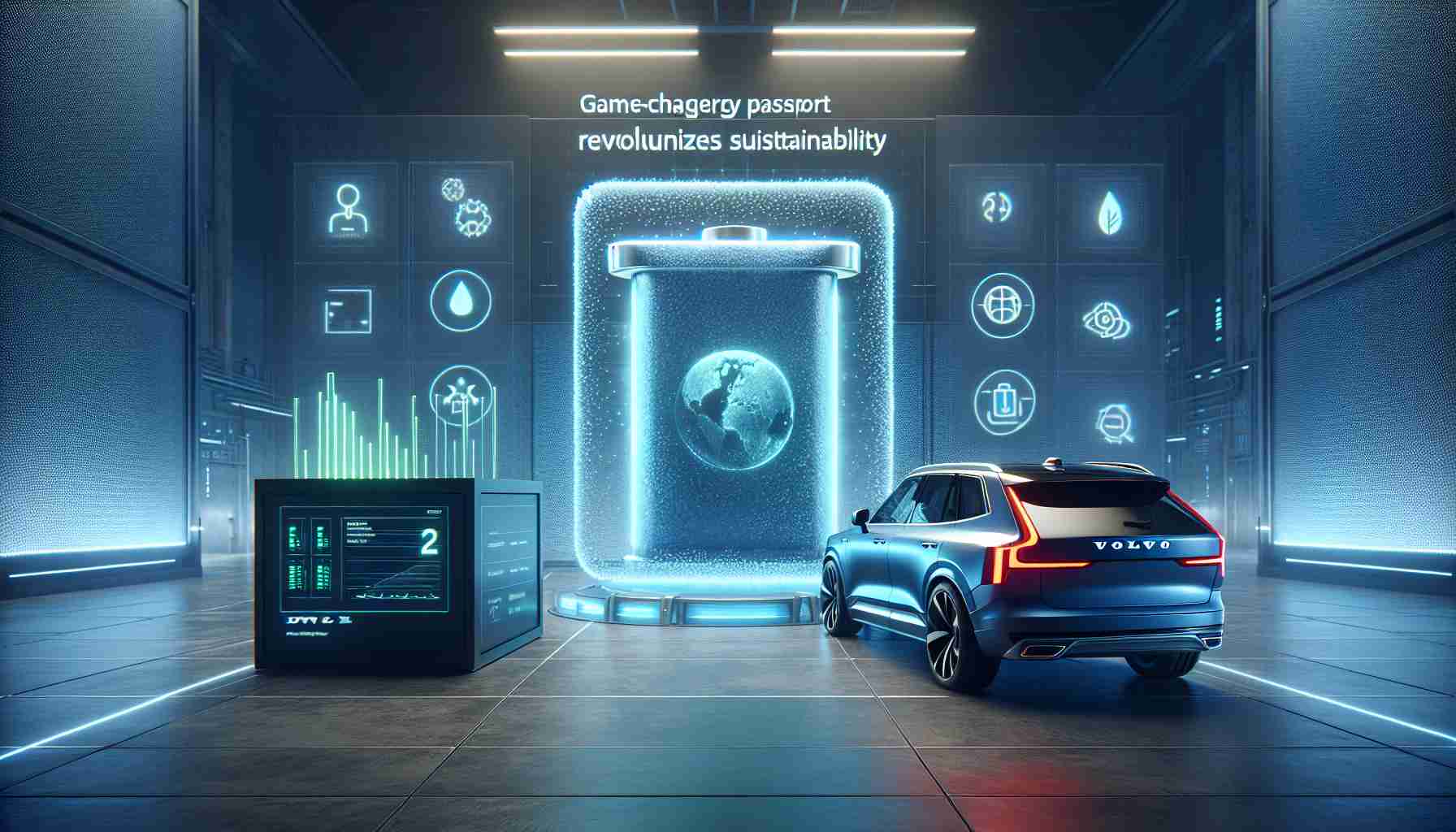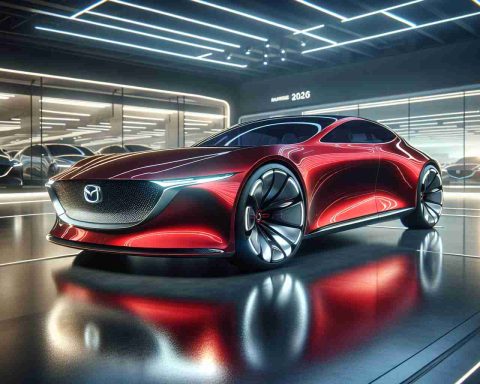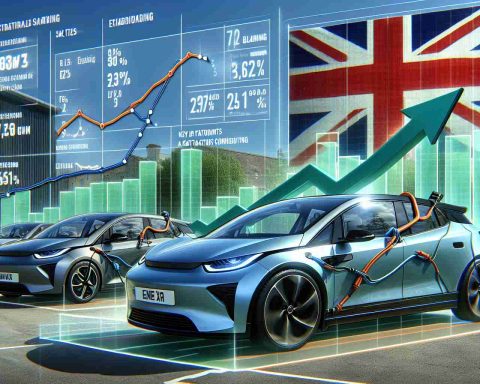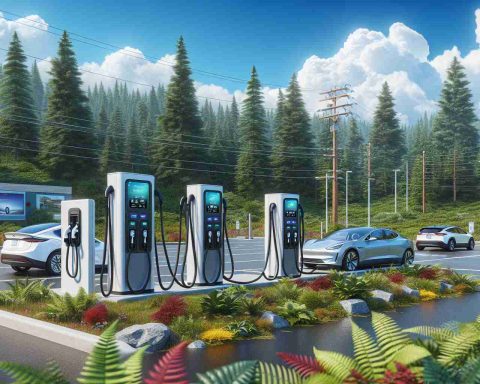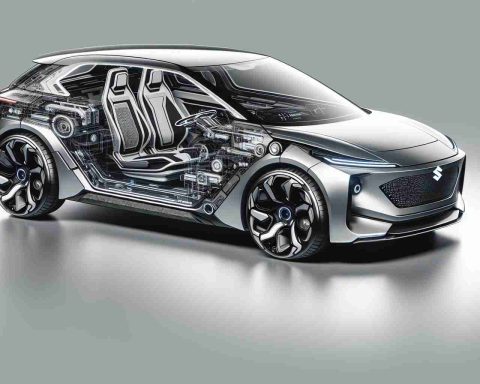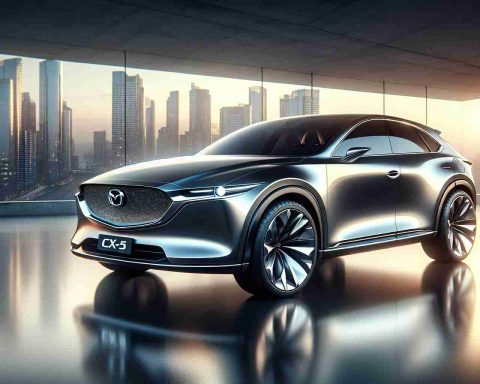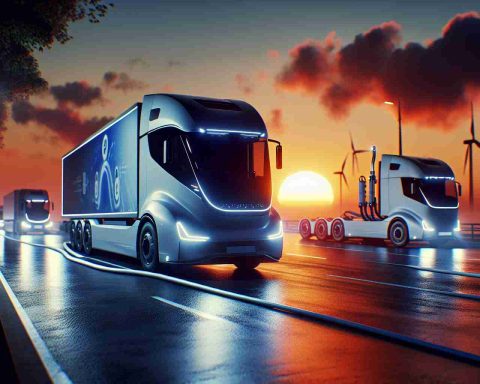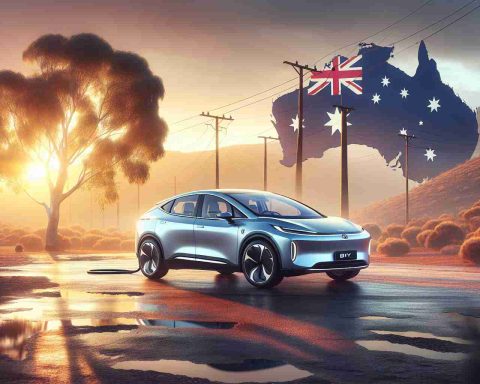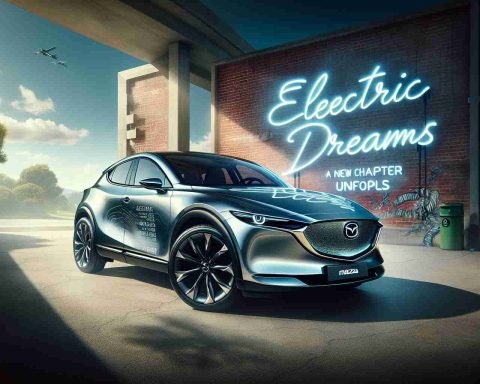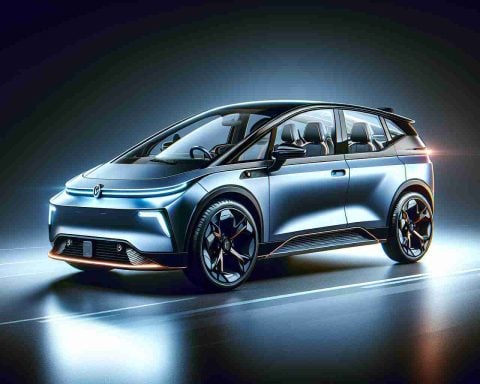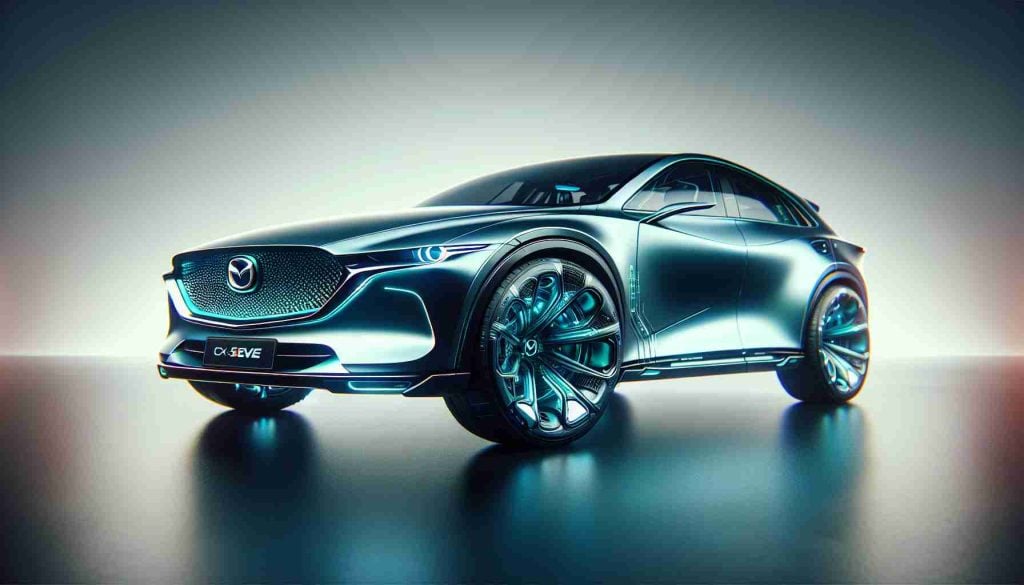- Volvo’s EX90 introduces a Battery Passport, a digital identifier that tracks battery origin, composition, and environmental impact.
- This innovation aligns with upcoming EU regulations requiring all EVs sold in Europe to have a battery passport by 2027.
- The passport promotes transparency and accountability in battery production, akin to a sustainability certificate.
- It allows tracking of battery life for 15 years, providing insights on health and reuse potential.
- Old EV batteries can still be utilized for renewable energy storage, retaining up to 70% of their charge even after automotive use.
- Major global car manufacturers are likely to adopt similar systems, indicating a shift towards more sustainable battery practices.
In a bold move for the electric vehicle (EV) market, Volvo has unveiled the EX90, a luxury electric SUV that comes packed with innovation and a captivating twist: a Battery Passport. This first-of-its-kind digital identifier meticulously tracks the origin, chemical composition, and environmental impact of its battery, akin to a sustainability certificate for vehicles.
As part of the European Union’s new battery regulations, a passport like Volvo’s will soon be mandatory for all EVs sold in Europe by 2027, paving the way for enhanced accountability in battery production. Imagine a cake, where every ingredient is documented, showcasing not just its origin but its entire lifecycle cost. This transparency is crucial; it provides a roadmap for responsible battery use, even after its automotive life ends.
With the exciting prospect of tracking battery life over 15 years, the passport reveals critical information about battery health and potential reuse scenarios. While traditional EV batteries may cease to power vehicles, they can still retain up to 70% of their charge, making them viable for renewable energy storage.
Volvo isn’t going solo either; global automotive giants from China to Japan are racing to adopt similar systems. This shift reflects a growing urgency to minimize the carbon footprint of batteries, with regulators and consumers alike pushing for more sustainable practices in the industry.
Ultimately, Volvo’s Battery Passport is a step towards revolutionizing the EV landscape—think accountability, sustainability, and a greener future for all. As electric mobility continues to evolve, this innovation shines as a beacon of hope for a more sustainable tomorrow.
Revolutionizing Electric Vehicles: Volvo’s Groundbreaking Battery Passport
Introduction to Volvo’s EX90 and Battery Passport
Volvo’s latest electric SUV, the EX90, is making headlines not just for its luxury and performance features but also for its innovative Battery Passport. This digital identifier tracks the entire lifecycle of the battery, from its origins to its environmental impact, aligning with new EU regulations set to take effect by 2027. This initiative aims to promote greater accountability and sustainability within the electric vehicle market.
New Insights and Information
1. Battery Passport Features: The Battery Passport will include detailed information such as:
– Battery manufacturing location.
– Raw material sourcing, including whether the materials are conflict-free.
– Recycling and disposal options after the battery’s automotive life.
2. Long-term Battery Insights:
– The EX90’s Battery Passport can monitor battery health over 15 years, identifying when the battery may need maintenance, thus extending the life of the vehicle.
– It will also provide data that helps in second-life applications, allowing the battery to be used for renewable energy storage even after its use in the vehicle.
3. Market Trends: Other manufacturers are developing similar technologies.
– Chinese and Japanese automakers are actively working on integrating battery tracking systems to adhere to evolving regulations and meet consumer demand for more sustainable practices.
Key Questions Answered
1. What are the benefits of the Battery Passport for consumers?
– The Battery Passport offers consumers transparency about the battery’s origins and sustainability, empowering them to make informed purchasing decisions. It assures them of the ethical practices involved in battery sourcing and its environmental footprint.
2. How does the Battery Passport address sustainability in the EV market?
– By documenting the lifecycle of the battery, the Battery Passport enhances accountability, encouraging manufacturers to adopt sustainable practices. It promotes recycling and reduces waste, aligning with global efforts to minimize the environmental impact of electric vehicles.
3. What implications do the EU regulations have on the global EV market?
– The EU’s decision to mandate Battery Passports by 2027 sets a precedent that could influence global standards. Other regions may adopt similar regulations, pushing manufacturers worldwide to prioritize sustainability in battery production, thereby transforming the EV market.
Conclusion
Volvo’s EX90 and its pioneering Battery Passport exemplify a significant shift in the electric vehicle landscape toward enhanced accountability and sustainability. As more manufacturers follow suit, the implications for the environment and consumer practices are profound, marking a new era in automotive technology.
Related Links
– Volvo Cars
– Electrive
– Auto Express
